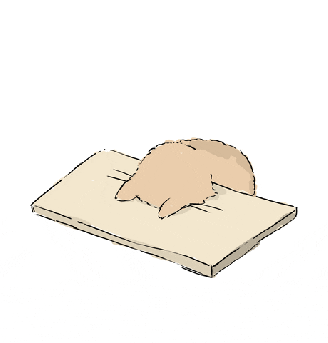This is a post from 2017 but as I was re-learning Trie I read it over and made it available here 🙂
I was implementing a trie, which is a tree data structure, usually for storing strings for searching. Since it’s a tree, it has a “Children” for holding child nodes.
But then I ran into a problem where simply calls to adding children to a collection (Line# 9) didn’t work.
After 30 minutes of debugging, I was like…
Just what the h**l happened?
TL;DR
Auto Property initialization creates a backing field while Expression Bodied property one does not
▬ Introduction ▬
According to Wikpedia, you can declare a trie like this (in Haskell).
So I created a TrieNode class as shown below.
*If you are an astute reader, you might have already spotted the problem. Congratulations!*
▬ Problem ▬
The complete source for building a trie, TrieBuilder is declared as below.
Given a list of words passed to BuildTrie method, it populates a trie and returns an object instance.
Insert method simply checks for an existence of a character and maps current character to a node to the trie object instance , current.
This is where the problem occurred. current.Children.Add(...) wasn’t adding node object instance.
▬ Investigation ▬
Later on, I found out a StackOverflow answer explanating that declaring a property with => syntax (introduced in C# 6) does NOT create a backing field.
So my declaration below,
is equivalent to
returning a new array whenever Children property was accessed, thus not adding a new node to it.
▬ Solution ▬
The fix is simple. Declare Children with a backing field or use an auto property initialization syntax.
Above declaration is equivalent to
That was all it took to make me a happy camper ?.
▬ Takeaway ▬
Auto Property initialization creates a backing field while Expression Bodied property one does not.
The post Expression Bodied Collection Property Initialization Gotcha in C# appeared first on Slight Edge Coder.





Latest comments (0)